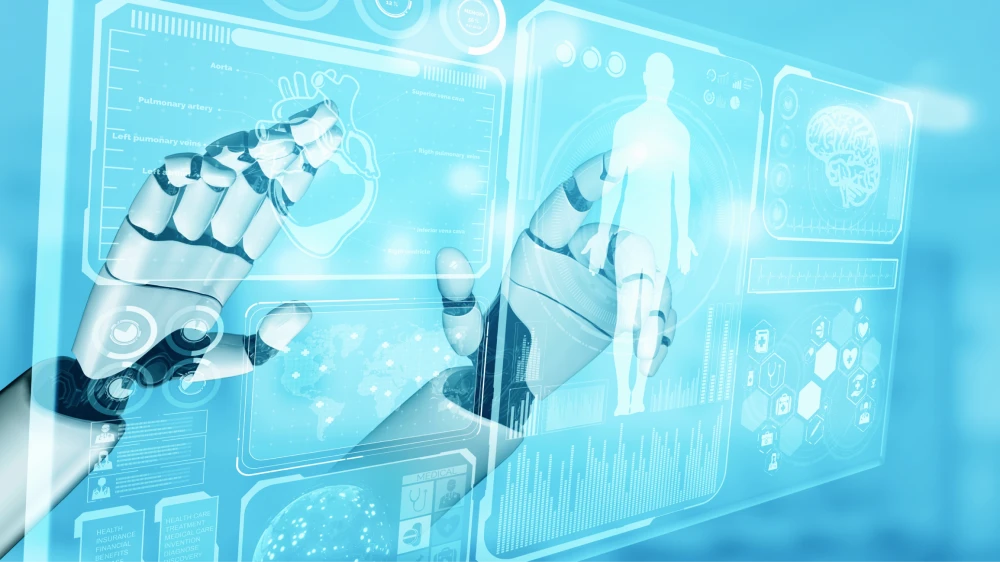Submission Type
Case Study
Abstract
Introduction: The use of electronic health records (EHRs) for research is proceeding rapidly, driven by computational power, analytical techniques, and policy. However, EHR-based research is limited by the complexity of EHR data and a lack of understanding about data provenance, meaning the context under which the data were collected. This paper presents system flow mapping as a method to help researchers more fully understand the provenance of their EHR data as it relates to local workflow. We provide two specific examples of how this method can improve data identification, documentation, and processing.
Background: EHRs store clinical and administrative data, often in unstructured fields. Each clinical system has a unique and dynamic workflow and EHR, which may be influenced by broader context such as documentation required for billing.
Methods: We present a case study with two examples of using system flow mapping to characterize EHR data for a local colorectal cancer screening process.
Findings: System flow mapping demonstrated that information entered into the EHR during clinical practice required interpretation and transformation before it could be accurately applied to research. We illustrate how system flow mapping shaped our knowledge of the quality and completeness of data in two examples: 1) determining colonoscopy indication as recorded in the EHR, and 2) discovering a specific EHR form that captured family history.
Discussion: Researchers who do not consider data provenance risk compiling data that are systematically incomplete or incorrect. For example, researchers who are not familiar with the clinical workflow under which data were entered might miss or misunderstand patient information or procedure and diagnostic codes.
Conclusions/Next steps: Data provenance is a fundamental characteristic of research data from EHRs. Given the diversity of EHR platforms and system workflows, researchers need tools for evaluating and reporting data availability, quality, and transformations. Our case study illustrates how system mapping can inform researchers about the provenance of their data as it pertains to local workflows.


















